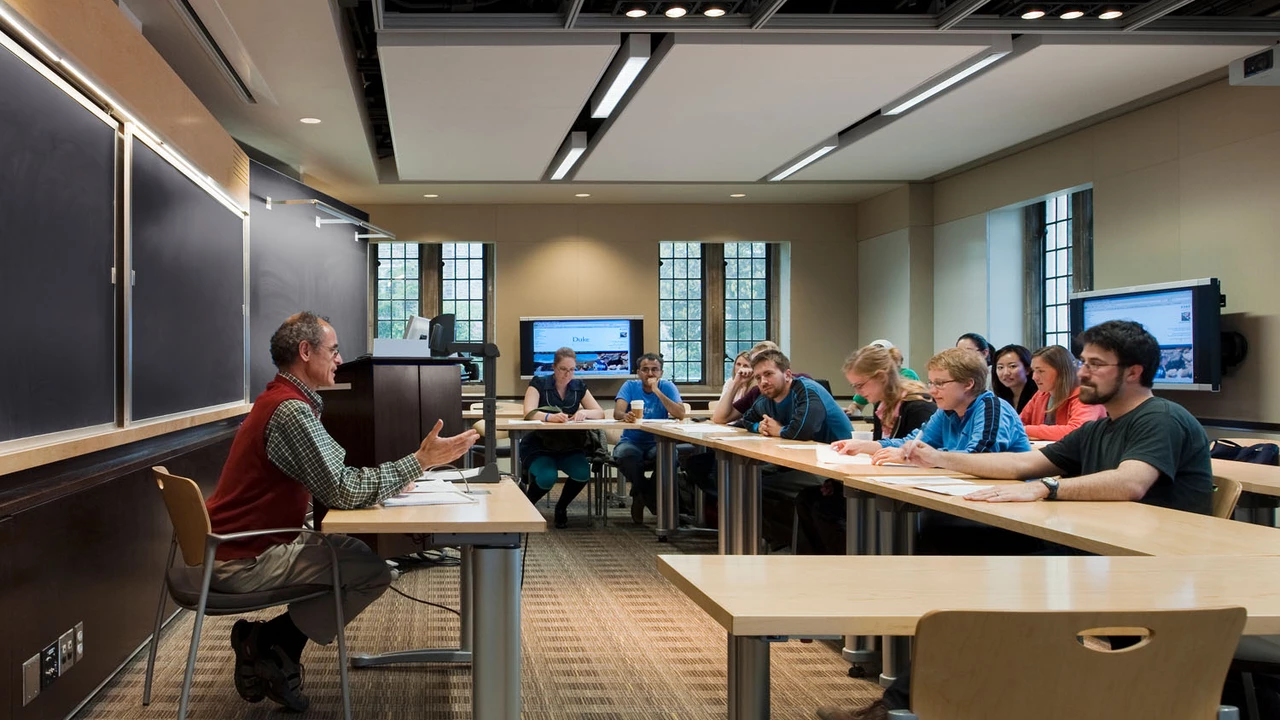Where did the idea of university and higher education start?

The concept of university education has been around for centuries, and its history is an intriguing tale of intellectual and cultural transformation. To trace the origin of higher learning, we must look back to ancient civilizations and the development of the very first universities.
In Ancient Greece, Plato and Aristotle founded the Academy of Athens in 387 B.C. The Academy was a place for philosophical and scientific study, and was a precursor to the modern university. It was the first institution of its kind and its teachings laid the foundation for the development of western education for centuries to come.
The medieval period saw the emergence of the European university system. The University of Bologna in Italy is considered the oldest university in Europe, established in 1088. This university was the first in the world to grant a degree to students, and set the precedent for the creation of universities across the continent.
The earliest universities in North America were established in the 1600s. Harvard University, founded in 1636, is the oldest college in the United States. Other American universities soon followed, such as Yale University in 1701 and Princeton University in 1746.
Today, the university system is a global phenomenon. In many countries, higher education is accessible to everyone, and universities are hubs of innovation, creativity and collaboration. The history of university education is a testament to the power and potential of higher learning.
The concept of higher education has been around for centuries, with the earliest universities emerging in the 11th century in Europe. These universities were primarily focused on providing a theological education, and often required students to be members of the clergy. As the centuries passed, the focus of education began to shift to include the liberal arts, science, and literature.
The 19th century saw a major shift in the purpose of university education, as it began to focus on professional and practical training in addition to academic study. This period also saw the emergence of specialized universities, such as medical schools and engineering schools. It was during this period that universities began to offer courses that prepare students for specific careers, such as law or medicine.
The 20th century saw an even greater shift in the focus of university education, as the emphasis was placed even more heavily on preparing students for the professional world. Universities began to offer more specialized degrees in fields such as business, finance, and engineering. In addition, the number of students attending universities increased dramatically, as more people began to recognize the value of a college degree.
Today, university education is still evolving and changing to meet the needs of a modern society. Many universities now offer online courses, as well as traditional, on-campus degree programs. In addition, universities are offering more specialized degrees, such as computer science, and are providing more opportunities for students to pursue higher education. The idea of university and higher education is constantly changing and adapting to the needs of the modern world.
The idea of university education has a long and storied history. It is believed that the first universities were founded in the 11th century in Europe. Since then, universities have had a profound and lasting impact on society. From the development of modern science to the spread of democracy, universities have been essential in shaping the world we live in today.
Universities have been integral in developing the sciences. By creating a space for the exchange of ideas and knowledge, universities have been able to foster the growth of scientific thought. From the works of Galileo to Einstein, universities have enabled the advancement of scientific knowledge and innovation.
Universities have also been essential in the development of democracy. By providing an opportunity for individuals to learn and debate freely, universities have helped to create an environment where citizens can think and act independently. This has had a lasting impact on societies around the world, helping to empower citizens and create a more equitable and just society.
The impact of universities on our society cannot be overstated. From the development of science to the spread of democracy, universities have been essential in shaping the world we live in today. As we look to the future, it is clear that universities will continue to play a critical role in advancing our knowledge, understanding and progress as a species.
